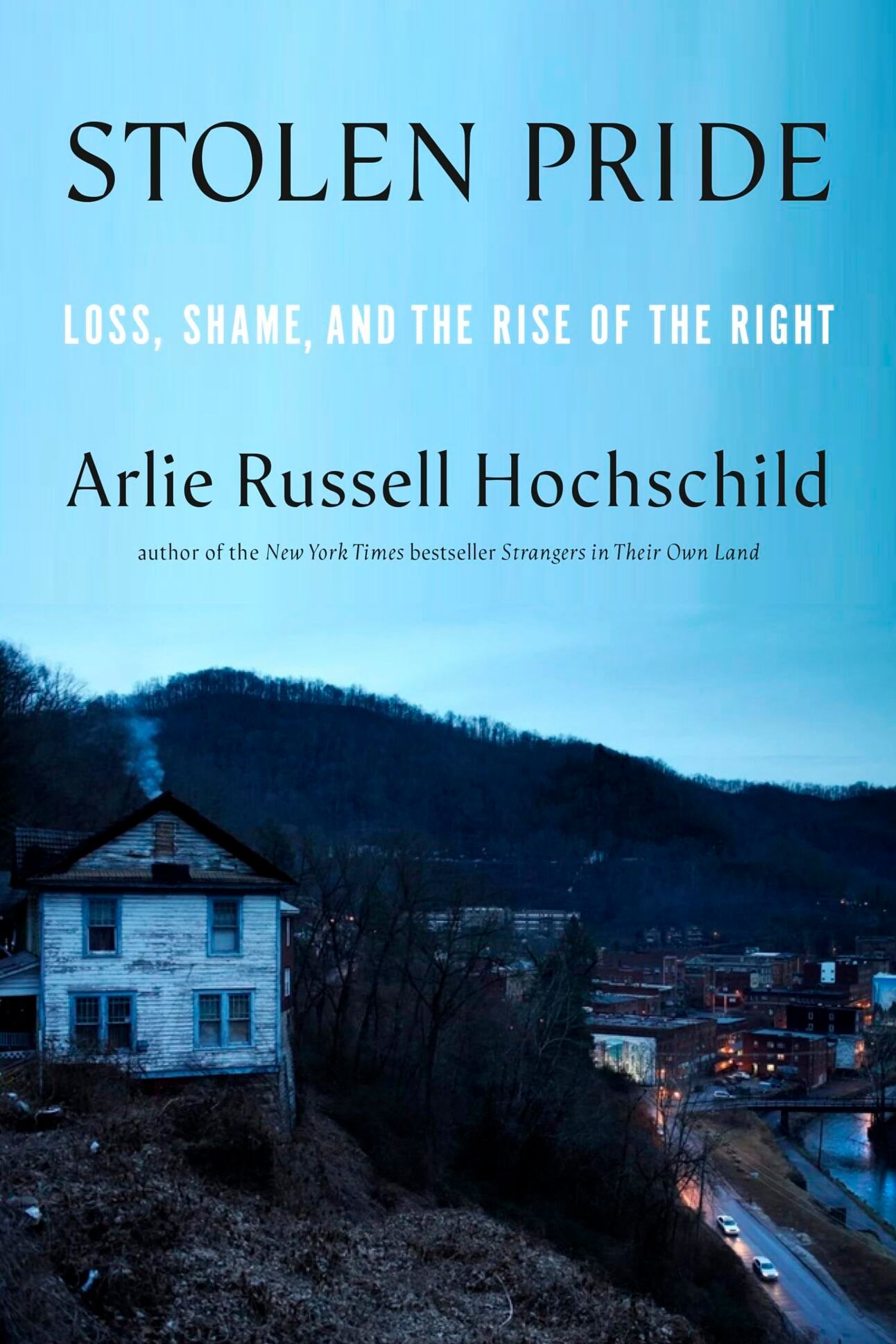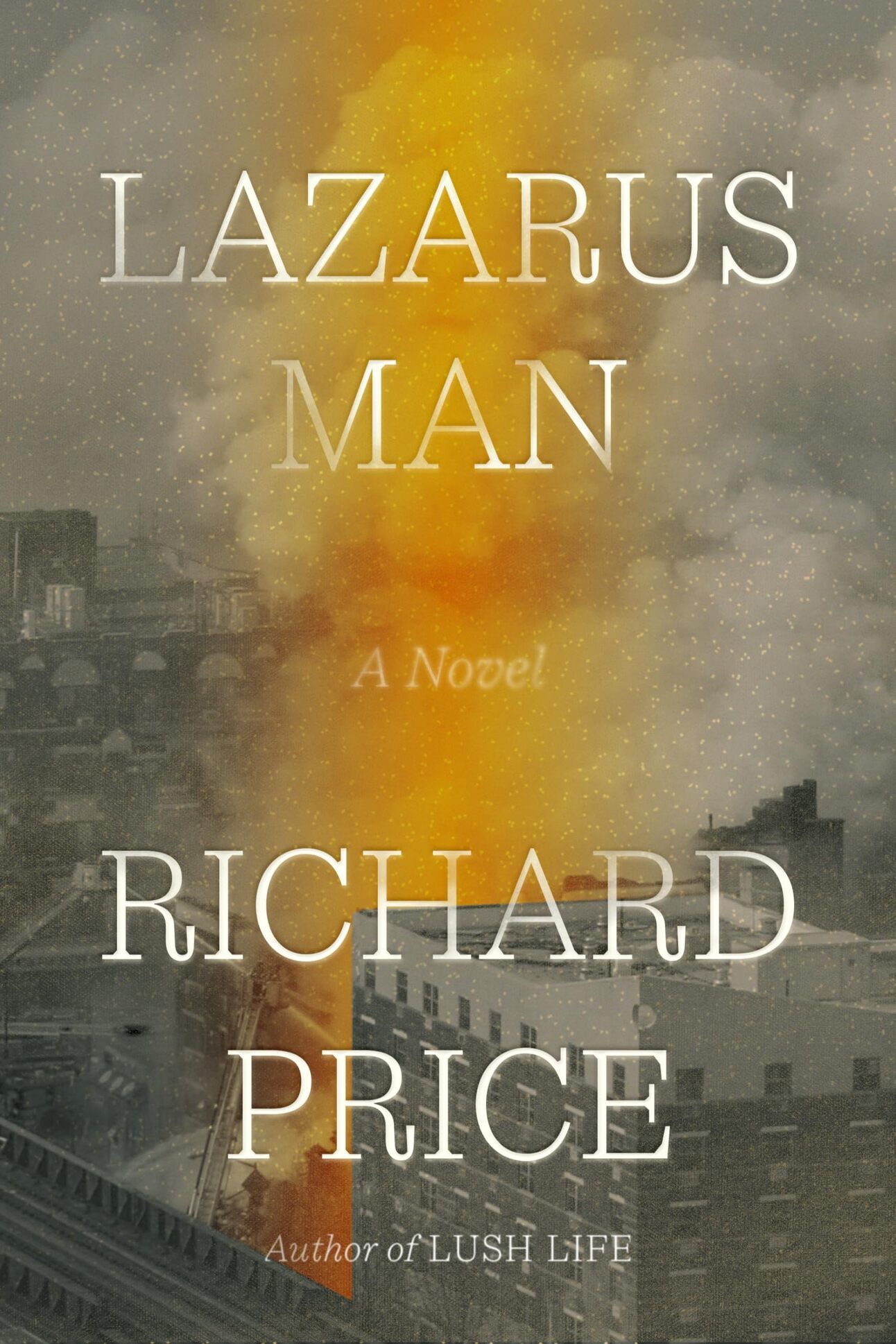- It's An Inside Job
- Posts
- Building Unshakable Trust
Building Unshakable Trust
Years ago, I wrote a cover story for New York Magazine about Hollywood's hottest “stars”—specifically, the leadership team at Paramount Pictures under Barry Diller, and including Michael Eisner and Jeffrey Katzenberg. While working on that article, Diller, one of the most brilliant minds in entertainment, shared something with me that I've never forgotten—what he called Paramount’s secret to success:
"What we do is we get in a room together and put the projects we’re discussing in the middle of the circle. We attack them mercilessly, but we never attack each other."
That insight was about more than separating ideas from egos—it was about trust. Not the conventional kind that we typically talk about in business, but something deeper and more transformative.
Most organizations emphasize trust based on competence: Can this person deliver? Are they reliable? These are important questions, but they only scratch the surface of what can happen when you build deeper levels of trust.
The Inner Workbench:
Building Unshakable Trust
Trust transforms everything. I've learned this at a deeply personal level through my work with three remarkable creative collaborators on the content we deliver, and on a book we’re writing together. We're an unlikely quartet: two Black, two white; two women, two men; two older, two younger.
We come from vastly different backgrounds, but over the course of our work together, we've built something that I've experienced too rarely in my professional life: relationships grounded in profound mutual respect, trust and love.
This collaboration has expanded my thinking about trust. I've discovered that it operates on multiple levels. There is basic professional trust—confidence in someone's competence and reliability. Then there is what I think of as character trust—an alignment in values, and in the authenticity of the way the person shows up in the world.
The deepest level of trust, I've learned, is actually grounded in love— a genuine and heartfelt appreciation for all of who another person is. It's the experience of collaboration and connection in which all the parties know that even when there's disagreement or tension, their underlying bond is unshakeable.
There are times when a rupture is a signal that the relationship you are in isn’t healthy and you need to accept that, and sometimes end or modify it. But it’s also true that a rupture in a relationship can be an opportunity to deepen connection rather than create distance.
Recently, I experienced a small rupture in my relationship with one of my collaborators. It took humility from both of us to find common ground given our differing points of view about what happened. Partly, that meant accepting that we simply didn’t see it the same way. As we found our way back to each other, my colleague said something simple that crystallized what this level of trust means to me.”
"I'm not going anywhere, Tony. I'll always be here."
It’s what we all long for—the security of knowing that even when there's conflict, our fundamental connection remains intact, and unconditionally.
5 Keys to Deep Trust
Building this kind of trust requires five elements that I didn’t recognize earlier in my life:
Humility: This is where any repair has to begin: internally. Our defensive inclination in a rupture is to focus on what the other person did to cause it. None of us wants to feel we’ve done something wrong, which can prompt discomfort, guilt, and even shame. In fact, it’s rare that we don’t bear some kind of responsibility for the ruptures that occur in our relationships. “What’s my responsibility in this?” is a simple question that can help us move us out of victim mode. It doesn’t mean the other person is without responsibility. But starting with ourselves helps to relax defensiveness – yours and theirs.
Heart: Check in with your heart. It may help to place your hand on it. What you’re looking to notice is how open or closed it feels. When it does feel closed – and that can certainly happen after a rupture – it’s nearly impossible to move towards repair. Just being aware of how you’re feeling in your heart can open up space for you. Even a small opening can go a long way.
Curiosity: When ruptures occur, it’s easy to move into righteousness, and to try to prove your case. It’s more inviting to seek deeper understanding rather than to assume you know the answer. “I’m wondering why ….” or “Can you explain ….” are good ways to begin an inquiry.
Patience. You can't legislate trust, or force it into existence. It emerges gradually through a willingness to stay open and work through difficulties. Ruptures in relationships are actually inevitable, given that no two human beings see and experience the world through the same lens.
Courage. Building trust requires extending it before it has been fully "earned." That might seem risky, but I've found that when you trust your instincts about someone's fundamental character—even before you have incontrovertible evidence—you’re more willing to give the other person grace and space.
When genuine trust exists, something extraordinary happens. We can share ideas without fear, and feel ok being wrong. Add nuance to our shared understanding.
Our own collaborative quartet shares a passionate commitment to helping people embrace more of who they are, for better and for worse. Our willingness to trust and learn from each other has allowed us to tap into possibilities that none of us could have accessed alone. The whole has truly become greater than the sum of its parts.
Energy Experiment: Pre-Sleep Reflection
Before going to bed, take a few minutes to write down anything that's on your mind. These might be worries about tomorrow, unresolved conflicts, or tasks left undone. The goal isn't to solve these concerns, but to "park" them until morning.
Make this practice specific:
1. Set aside 5-10 minutes before your bedtime
2. Keep a dedicated notebook by your bed
3. Write down everything that's occupying your mental space
4. Close the notebook, knowing you can return to these thoughts tomorrow
The aim isn't to eliminate concerns but to create a ritual that helps you set them aside temporarily, allowing for more restorative rest.
Try this for two weeks; then tell me about your experience at [email protected].
What I've Been Reading and Watching
Non-fictionStolen Pride: Loss, Shame and the Rise of the Right By Arlie Hochschild (One of my favorite living non-fiction writers, whose empathy, insight and depth are evident on every page)  | FictionLazarus Man by Richard Price (One of my favorite living novelists, whose sentences and paragraphs have perfect pitch.)  |
Until next time,
Tony
Follow me on LinkedIn for more insights.